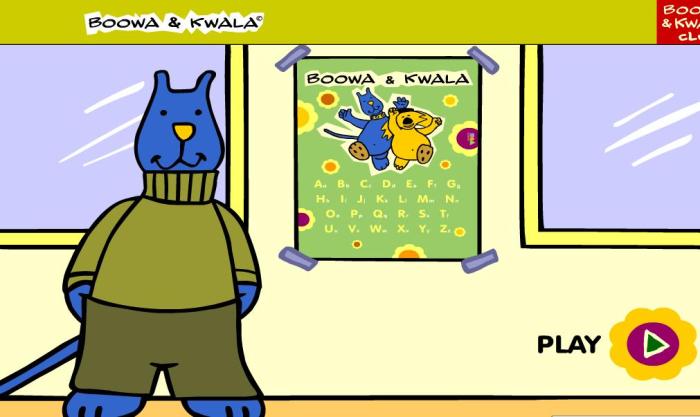Level f unit 3 completing the sentence – Level F Unit 3: Completing the Sentence delves into the intricacies of sentence completion, an essential skill for language acquisition. This unit provides strategies, exercises, and teaching tips to enhance fluency, accuracy, and vocabulary.
By exploring context clues, grammar rules, and vocabulary knowledge, learners develop a deeper understanding of sentence structure and usage. Sentence completion activities foster critical thinking, problem-solving, and effective communication.
Sentence Completion in Language Learning: Level F Unit 3 Completing The Sentence

Sentence completion is a language learning technique that involves filling in the missing words or phrases in a sentence. It is a valuable tool for language acquisition because it allows learners to practice using grammar, vocabulary, and context clues to produce meaningful sentences.
Completing sentences helps learners to improve their fluency, accuracy, and vocabulary. It also allows them to develop their critical thinking skills and their ability to understand the structure of language.
Strategies for Completing Sentences
- Use context clues:Pay attention to the words and phrases that come before and after the missing word or phrase. These clues can help you to determine the meaning of the missing word or phrase.
- Use grammar rules:Consider the grammatical structure of the sentence. This can help you to determine what type of word or phrase is needed to complete the sentence.
- Use vocabulary knowledge:Think about the words that you know that could fit in the blank. Try to choose a word or phrase that makes sense in the context of the sentence.
Examples of Sentence Completion Exercises, Level f unit 3 completing the sentence
- Fill in the blank:The cat sat on the _____. (rug, table, chair)
- Complete the sentence:I went to the store to buy some _____. (milk, bread, eggs)
- Rewrite the sentence:The dog is _____. (friendly, mean, playful)
Benefits of Sentence Completion Activities
- Improved fluency:Sentence completion activities help learners to practice speaking and writing more fluently.
- Improved accuracy:Sentence completion activities help learners to use grammar and vocabulary correctly.
- Improved vocabulary:Sentence completion activities help learners to learn new words and phrases.
- Improved critical thinking skills:Sentence completion activities help learners to think critically about language and to understand the structure of sentences.
Tips for Teaching Sentence Completion
- Start with simple sentences:Begin with sentences that are easy for learners to complete. As learners progress, you can gradually increase the difficulty of the sentences.
- Provide feedback:Give learners feedback on their completed sentences. This feedback can help learners to identify their mistakes and to improve their accuracy.
- Make it fun:Sentence completion activities can be fun and engaging. Use games and other activities to make learning more enjoyable.
Question Bank
What is the importance of sentence completion in language learning?
Sentence completion exercises enhance fluency, accuracy, and vocabulary by providing learners with opportunities to apply their knowledge of grammar, context, and vocabulary.
How can context clues help in completing sentences?
Context clues provide hints and information within the surrounding text that can help learners determine the missing word or phrase to complete the sentence.
What are some effective strategies for teaching sentence completion?
Effective strategies include using graded exercises, providing clear instructions, offering scaffolding and support, and incorporating games and activities to make learning engaging.
